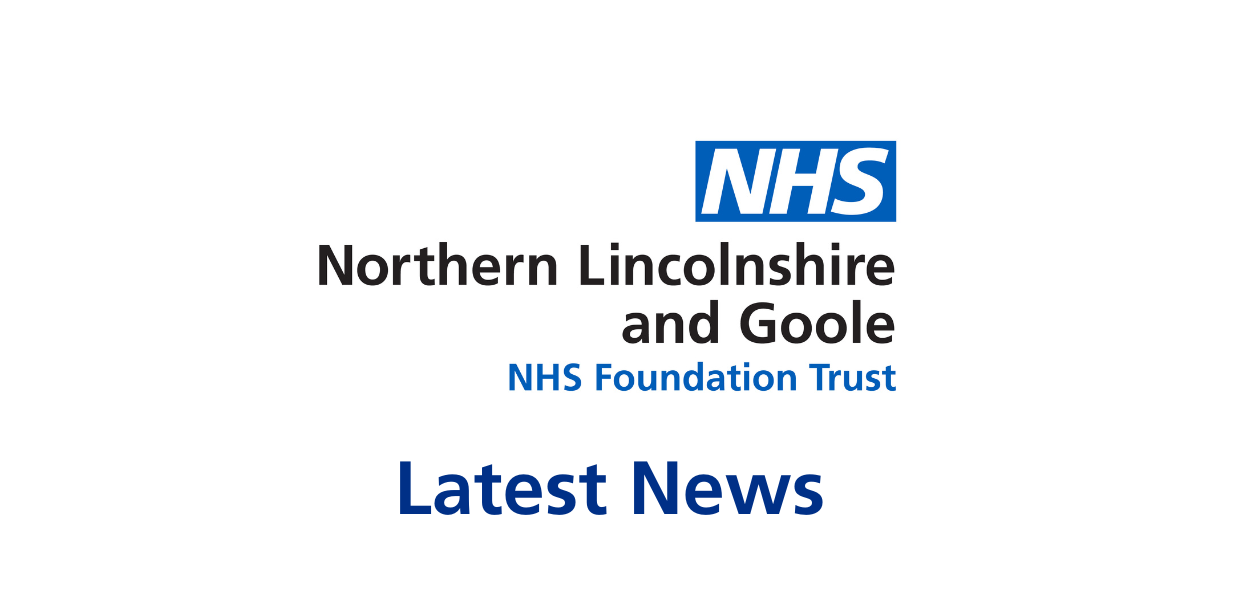Three days of national industrial action are planned by junior doctors, starting from Monday 13 March at 6.59am.
Plans are being but in place to ensure critical services keep running, but members of the public are being asked to use local NHS services wisely during the strike action.
Shaun Stacey, Chief Operating Officer, said: “Patient safety is of course our top priority during this period of industrial action and we are putting contingency plans in place to ensure disruption to patients is as minimal as possible.
“We’ll be prioritising urgent and emergency care, so those patients who need us the most. Our emergency centres (A&Es) at Scunthorpe and Grimsby, and our emergency care services including theatres, hyperacute stroke unit, high dependency units and intensive care units are planned to run as normal. Patients staying with us as inpatients will continue to receive care. However to be able to do all that we unfortunately need to postpone some routine and planned care appointments. I’m sorry to anyone whose appointment or procedure is affected, we’ll be working to get you rebooked as soon as possible.”
Patients who have an appointment or procedure affected by the strike action will be contacted directly. If you do not hear from the hospital, please attend as planned.
Mr Stacey urged people to use NHS services wisely. He added: “Help us to help you during this period of industrial action by keeping our emergency departments for those who really need them; I would ask anyone considering going to A&E over the three strike days to consider alternative options for minor injuries and ailments, such as making a GP appointment or visiting a pharmacist.”
Hospital A&Es are meant for the management of serious issues that pose a threat to life or limb. This includes an individual that:
- Is unconscious
- Has severe chest pain
- Has a fever and is persistently lethargic despite having paracetamol or ibuprofen
- Has a head injury and vomiting
- Has heavy blood loss
- Is having difficulty breathing (breathing fast, panting or are very wheezy)
- Has severe abdominal pain
- Has a cut that won’t stop bleeding or is gaping open
- Has a leg or arm injury and can’t use the limb
- Has swallowed poison or tablets
- Has an object lodged in nose or ear.
Alternatives to A&E include:
- A well-stocked first aid and medicine cabinet can deal with grazes, sore throats, runny noses and other minor ailments
- People who require medical attention but are not sure where to turn to for help should contact NHS 111 which is available at all times throughout the day and night. Calls to 111 are free from all phones
- If someone has an upset stomach, head lice, painful cough or headache then a trip to the local pharmacist or chemist could help as they provide confidential, expert advice for a range of common illnesses and complaints
- GPs are the first point of contact for an illness or injury that is getting worse or won’t go away, such as a persistent cough, ear pain or backache
- Urgent Treatment Centres can help with minor injuries like minor cuts, sprains, strains, minor burns and wounds.
